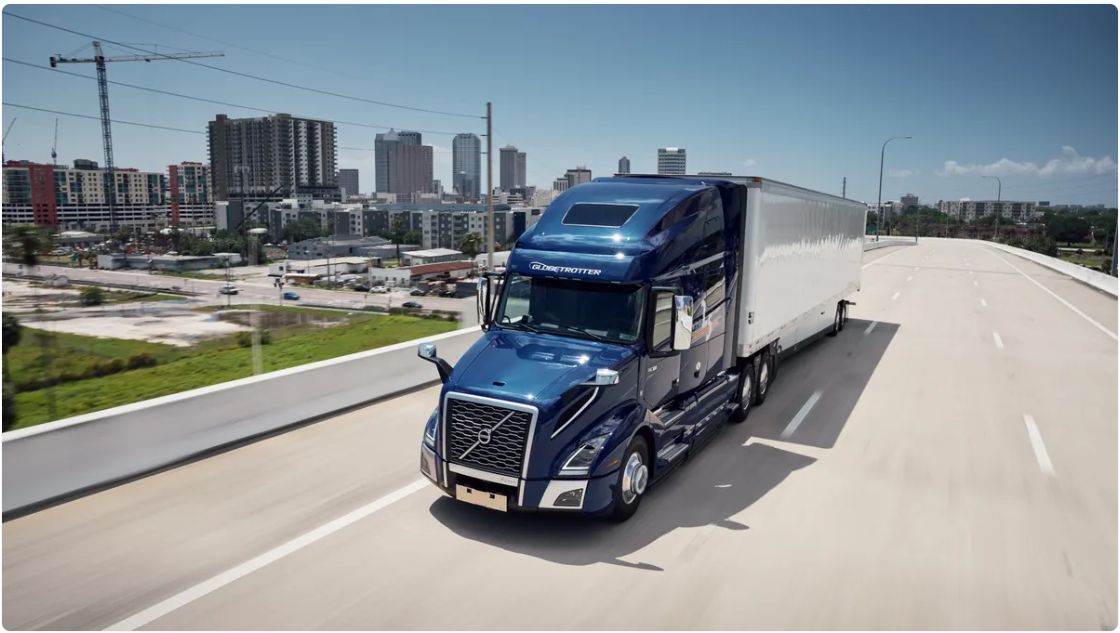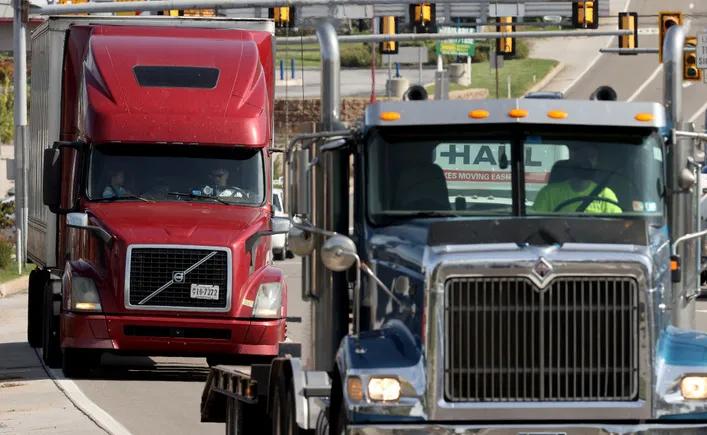
The Energy Department has awarded US$208m to Volvo Group to accelerate the production of heavy-duty electric trucks and related powertrain components. The funding will assist Volvo Group’s Lehigh Valley Operations truck assembly site in Macungie, Pennsylvania, where it produces Mack trucks, and its New River Valley truck location in Dublin, Virginia, Volvo’s largest truck manufacturing plant in the world.
According to Pennsylvania senator Bob Casey, the upgrades will enable mixed-model assembly, providing scalability and flexibility in production. The improvements are expected to significantly boost the production capacity of battery-electric vehicles (BEV) and fuel cell electric vehicles (FCEV).
The project aims to convert these facilities to zero-emission sites. As part of this initiative, the Hagerstown, Maryland, plant will also receive upgrades to support powertrain operations.
“Through facility upgrades and employee training, this grant will help our U.S. plants more efficiently produce the innovative trucks and zero-emission powertrain components essential to this transition,” Stephen Roy, chairman of Volvo Group North America and president of Mack Trucks, said in a statement.
The funding comes through the Domestic Manufacturing Conversion grant program and aims to create 295 new union jobs for Volvo and Mack. The US$2bn program, available until September 30, 2031, supports the domestic production of hybrid, electric and hydrogen fuel cell vehicles.

“The upgrades enable a novel manufacturing approach that will significantly increase the production capacity potential of battery-electric vehicles (BEV)/fuel cell electric vehicles (FCEV),” a project summary said, noting how the changes will help improve BEV and FCEV production processes. In addition to Volvo, the Department of Energy awarded nearly US$158m to ZF Axle Drives Marysville to help convert part of the company’s Marysville, Michigan, facility from producing internal combustion engine driveline components to EV components.
Source: automotivepowertraintechnologyinternational.com
